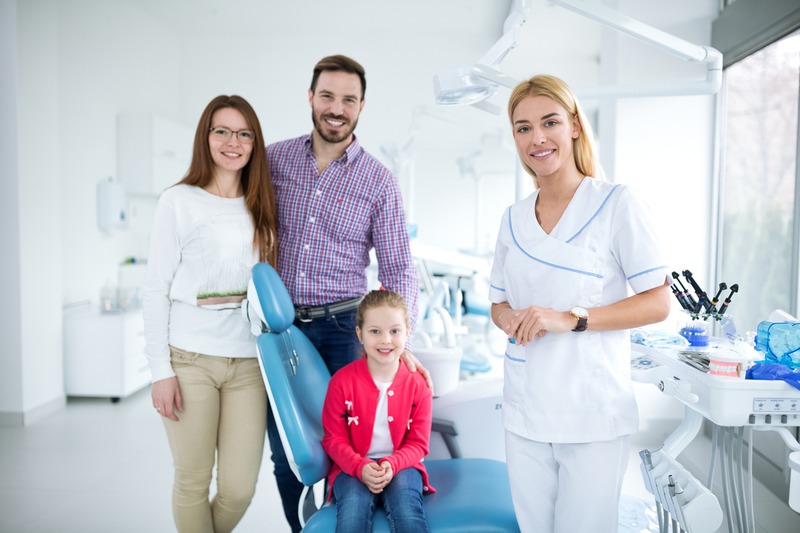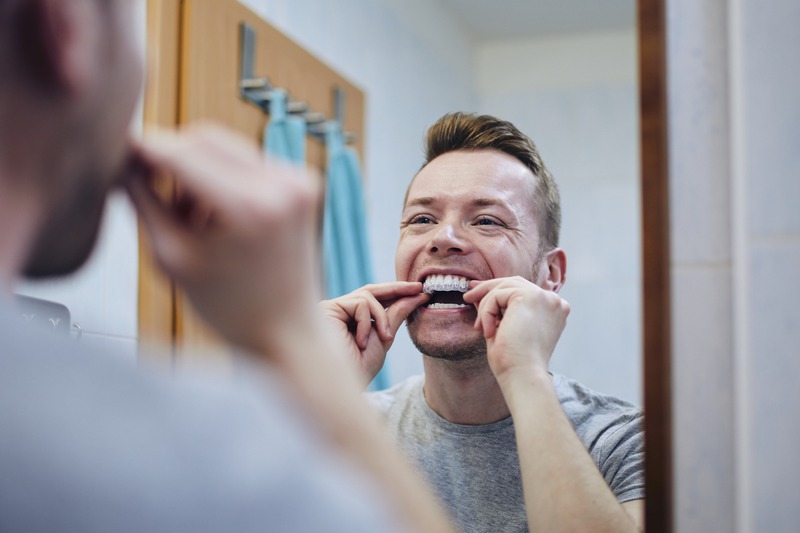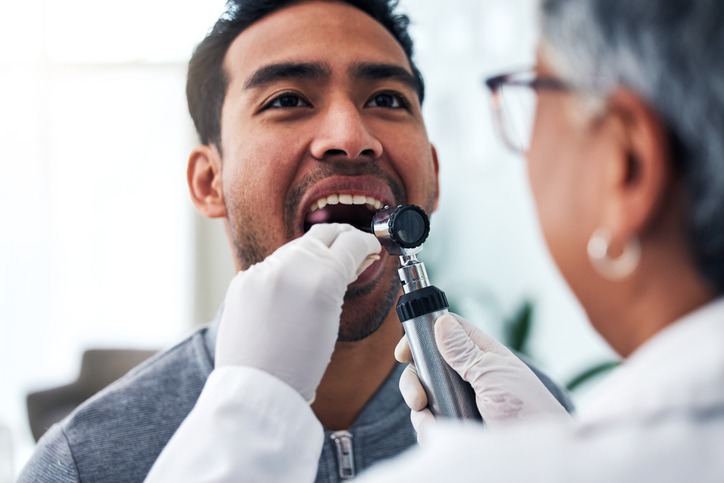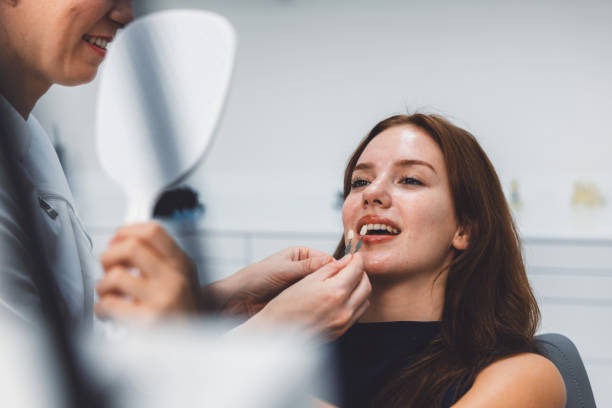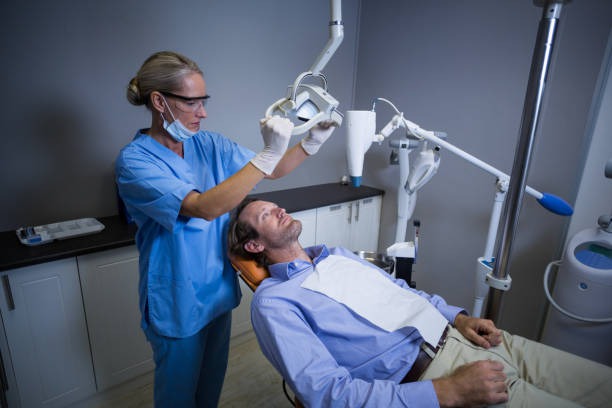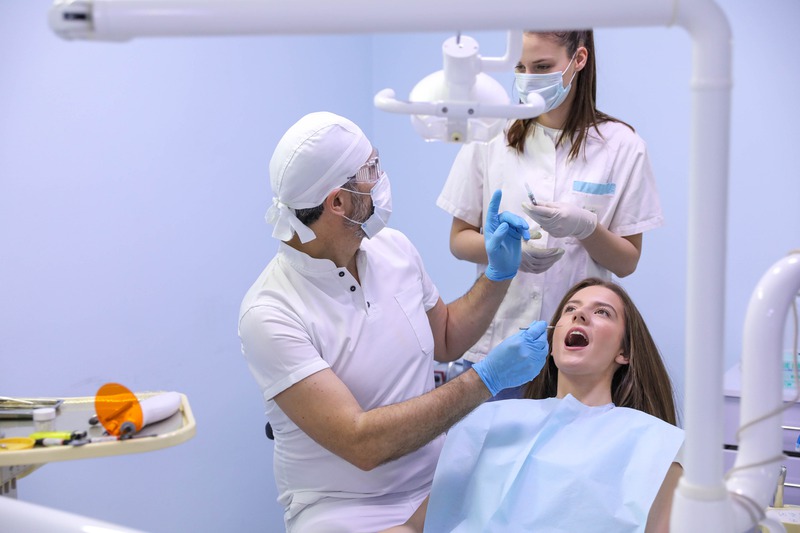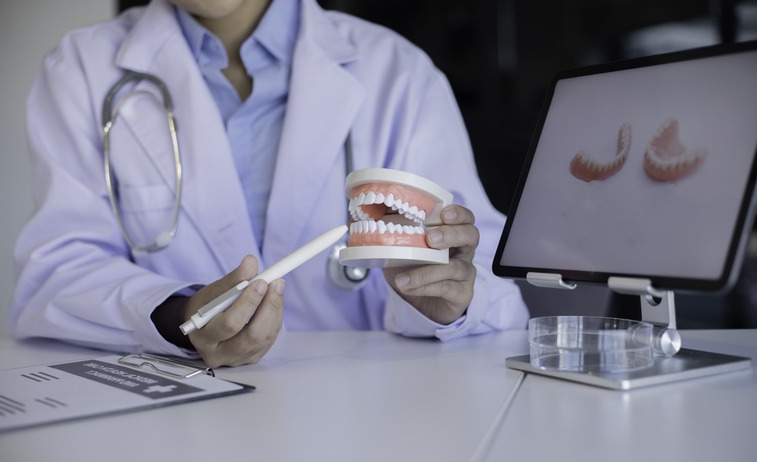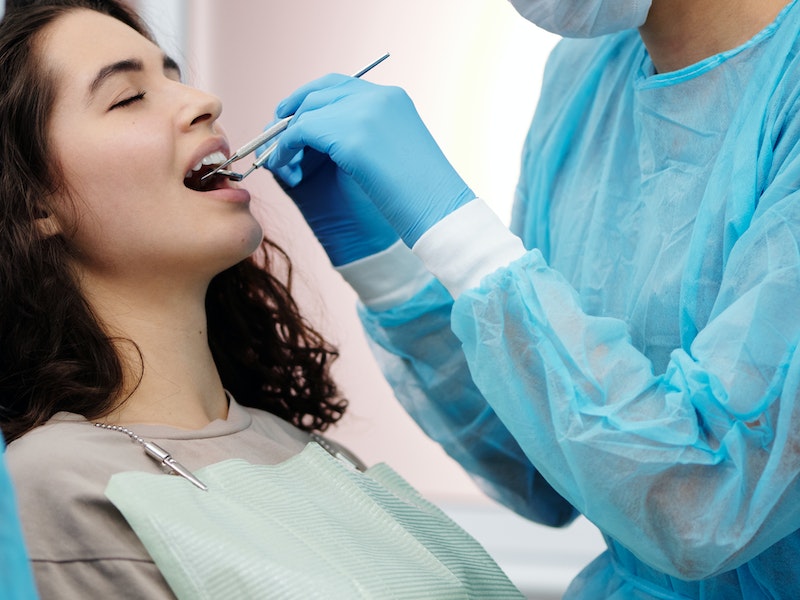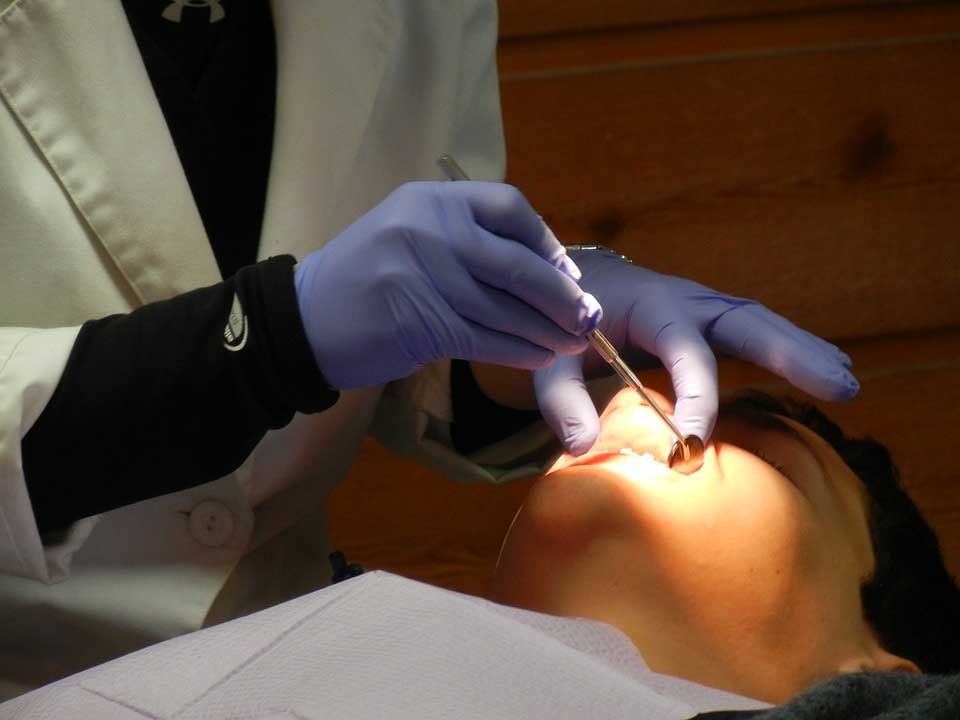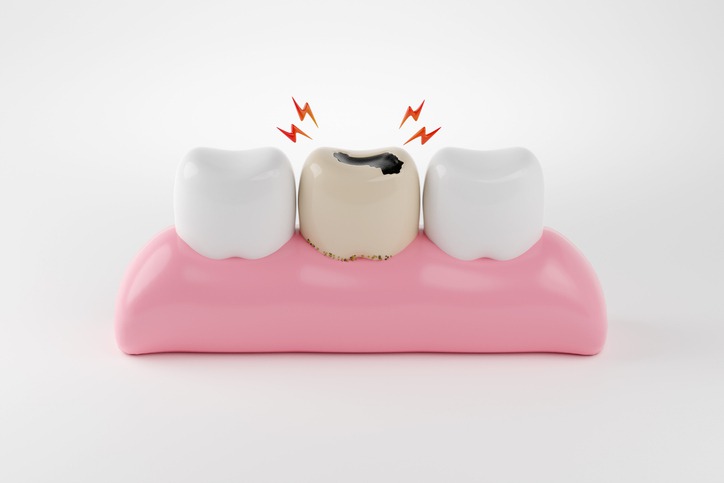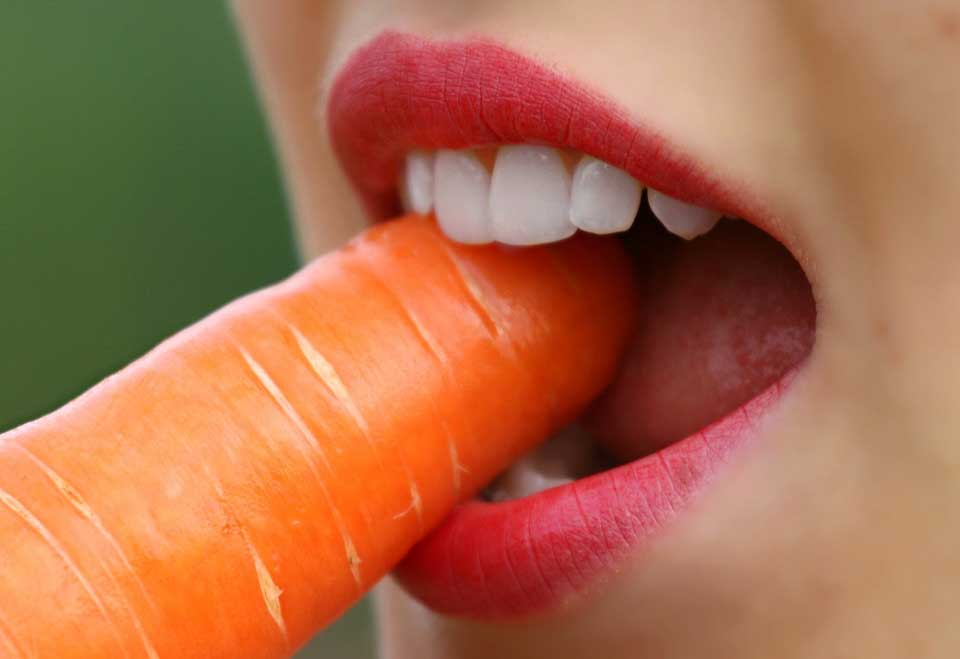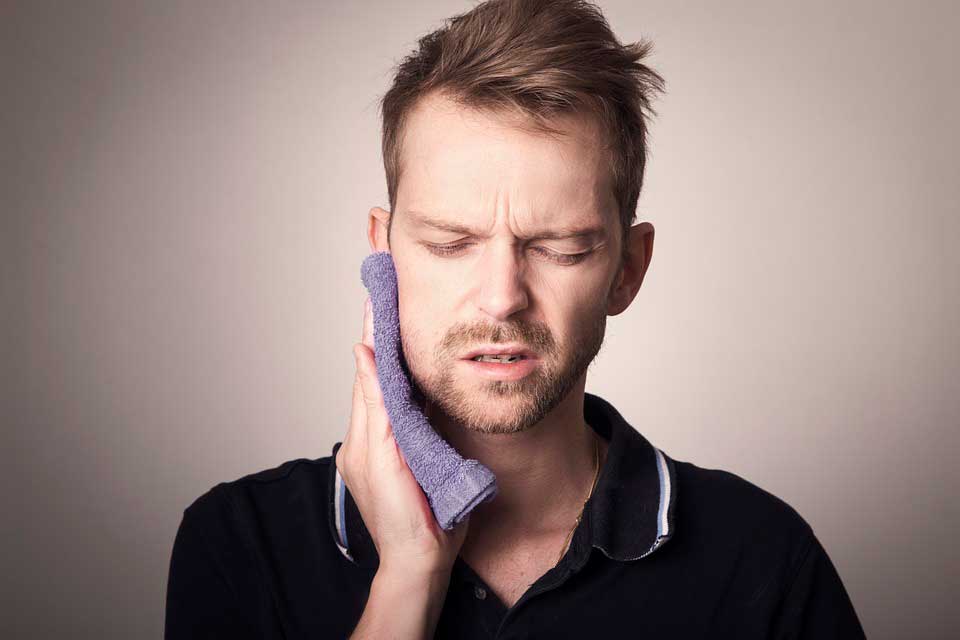
What Is the Impact of Aging on Oral Health
Growing older brings changes to various parts of your body, and your oral health is no exception. Your mouth, gums, and teeth experience aging effects just like bones, skin, or muscles. Keeping a healthy mouth is an essential factor for your overall well-being. Being aware of these changes and taking preventive measures helps you maintain good oral hygiene as you age.
How Does Getting Older Affect Your Mouth and Teeth?
Common Oral Issues in Older Adults
As you grow older, certain oral health problems may start showing up. These changes might include increased cavities, gum disease, loose teeth, tooth loss, and dry mouth. The weakening of enamel, decreased saliva production, and chronic medical conditions can make older adults more prone to dental issues.
The weakening of enamel, for instance, happens naturally and gradually over the years, making teeth vulnerable to decay and sensitivity. Additionally, certain medications can further reduce saliva production, leading to dryness that increases the risk of oral infections and cavities.
Tooth Loss and Its Consequences
Older adults often face tooth loss due to various reasons such as untreated cavities, gum infections, or accidents. Losing teeth not only affects your smile but also influences how you speak, chew, and even your facial appearance. Your facial structure can change if missing teeth aren’t replaced promptly.
The replacement of missing teeth has evolved significantly with advances in dental sciences, such as implant dentistry. Dental implants consist of artificial teeth fixed into the jawbone, creating a solution that mimics the strength and appearance of natural teeth. They provide both functional and aesthetic solutions to tooth loss, which is common among older individuals.
Gum Disease Among the Elderly
Gum disease, also referred to as periodontal disease, is common among older adults, caused by bacteria-filled plaque build-up around teeth. If left unchecked, it advances to a stage that might lead to tooth loss. Regularly brushing and flossing can greatly reduce the chance of gum disease.
Early signs include gum swelling, redness, bleeding, and tenderness, so getting regular dental checkups is a great proactive measure. Taking immediate action prevents further damage and maintains a healthier oral environment, preserving teeth and gums into advanced age.
Reduced Saliva Production
Saliva is your body’s natural way of keeping your mouth moist while washing away harmful bacteria and food particles. As your age increases, you may notice a decrease in saliva production, commonly referred to as dry mouth or xerostomia. This can make swallowing food difficult and uncomfortable, and even contribute to bad breath.
In addition to the discomfort, dry mouth also increases the chance of tooth decay and gum problems, as insufficient saliva allows bacteria growth. Drinking plenty of water throughout the day and using saliva substitutes or sugar-free gum can help combat dry mouth concerns effectively.
Dental Decay and Sensitivity in Aging
As years pass, your gums may recede, exposing soft root surfaces and leaving them vulnerable to tooth decay or cavities along the gum line. These cavities spread quickly due to roots not having enamel protection, and can be particularly sensitive or painful. Following proper oral hygiene and using tooth sensitivity toothpaste can help alleviate the pain.
Decrease in tooth enamel naturally occurs with age, increasing the sensitivity of teeth and contributing to discomfort. Regular dental visits facilitate early detection of cavities, allowing your dentist to implement preventive or corrective treatments in a timely manner.
Ill-Fitting Dentures and Denture Care
For people wearing dentures, aging might also influence fit and comfort. Over time, bone and oral tissues experience changes, causing dentures to become loose or ill-fitting. Discomfort, sores, or problems eating their favorite meals can be problems experienced by denture wearers.
Should issues arise, consider visiting your dentist to have your dentures adjusted or remade for improved fit and comfort. Proper denture care includes regular cleaning, avoiding harsh chemicals that could cause damage, and timely dentist consultations if experiencing discomfort.
How Medical Conditions Influence Oral Health
Aging comes with higher chances of developing chronic conditions like diabetes, hypertension, arthritis, or heart diseases. These medical conditions can affect oral health negatively, increasing susceptibility to gum infections, dry mouth, and prolonged healing periods. Controlling conditions through medication and proper lifestyle choices can indirectly help maintain good oral health.
Medications prescribed for chronic medical issues can also bring about oral side effects, particularly dry mouth, taste alterations, or changes in oral tissues leading to discomfort. Collaborating closely with healthcare providers ensures proper management of both medical conditions and oral health, leading to improved quality of life.
Preventive Dental Care Tips for Older Adults
Maintaining your oral health as you grow older includes steps and habits adjusted to account for specific age-related changes. Adopting preventive dental care routines tailored towards age-related oral health issues contributes significantly to healthy aging.
-
Brushing teeth twice daily with fluoride toothpaste ensures plaque removal, complemented by flossing and antibacterial mouthwash use.
-
Visiting the dentist at least twice annually or more if recommended allows monitoring, detecting issues early, and providing necessary treatment promptly.
-
Eating a balanced diet rich in vitamins, calcium, and limiting sugary snacks enhances general health and oral wellness.
Addressing Common Misconceptions Regarding Elder Oral Care
Some people mistakenly believe tooth loss is an inevitable progression of aging, limiting their efforts to maintain good dental hygiene. With proper care practices and timely preventive oral healthcare measures, managing oral health effectively well into advanced age is achievable, and tooth loss isn’t inevitable.
Another myth held by older adults is infrequent dental visits due to the absence of tooth pain or perceived dental problems. Regular checkups allow early detection, management strategies, and professional advice about individual dental conditions suitable for each person’s unique requirements.
Oral Health Recommendations for Aging Caregivers with Dependents
Aging caregivers who have younger dependents must maintain diligent oral health routines and share proper habits effectively. Taking good care of one’s oral health serves as a positive example, encouraging good practices from dependents.
For instance, finding a reputable dentist for children’s care enhances early adoption of oral health habits. Early dental care emphasizes preventive dentistry techniques, helping dependents grasp the benefits derived from effective daily dental routine management.
Cosmetic Dentistry in Older Adults
Enhancing your smile aesthetics positively affects self-confidence and can provide emotional benefits, especially among older adults experiencing various changes related to aging. Cosmetic dentistry methods, including teeth whitening procedures, veneers, or orthodontics, offer opportunities for appearance improvement and improved self-esteem.
Advances within cosmetic dentistry have also resolved the reluctance older adults had towards orthodontic treatments, thanks to nearly invisible techniques such as clear aligners. This orthodontic treatment gently aligns teeth discreetly, improving overall teeth function, aesthetics, appearance, and self-confidence simultaneously while being easily manageable.
Final Thoughts
Aging brings changes to your body, including your oral health. While certain age-related changes are beyond your control, many oral health problems associated with aging are preventable or treatable through proper oral hygiene, consistent dental check-ups, and proactive care habits. Taking care of your mouth, teeth, and gums with diligence ensures a healthy smile throughout all stages of your life.






